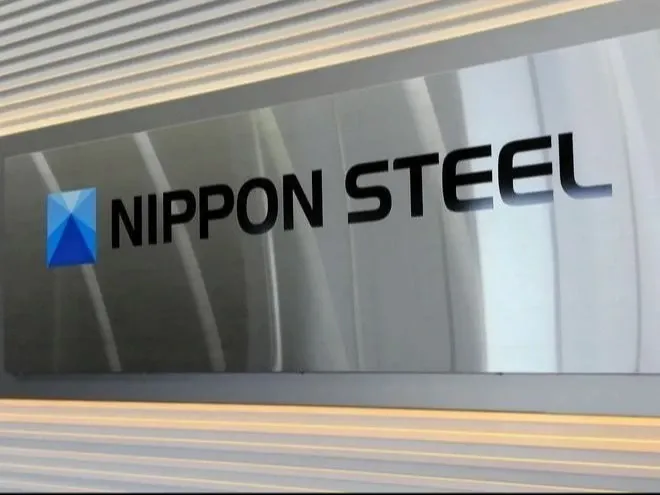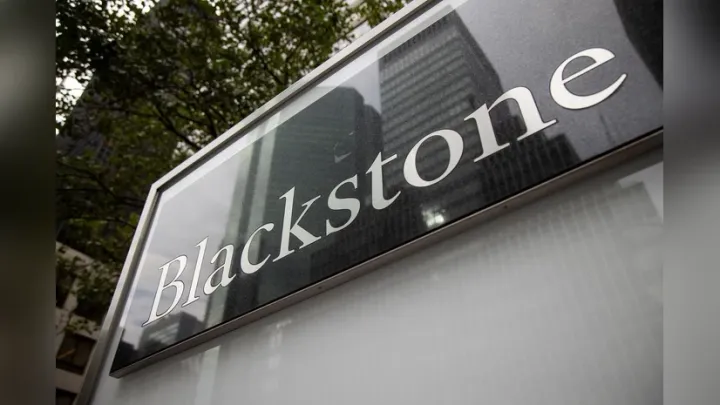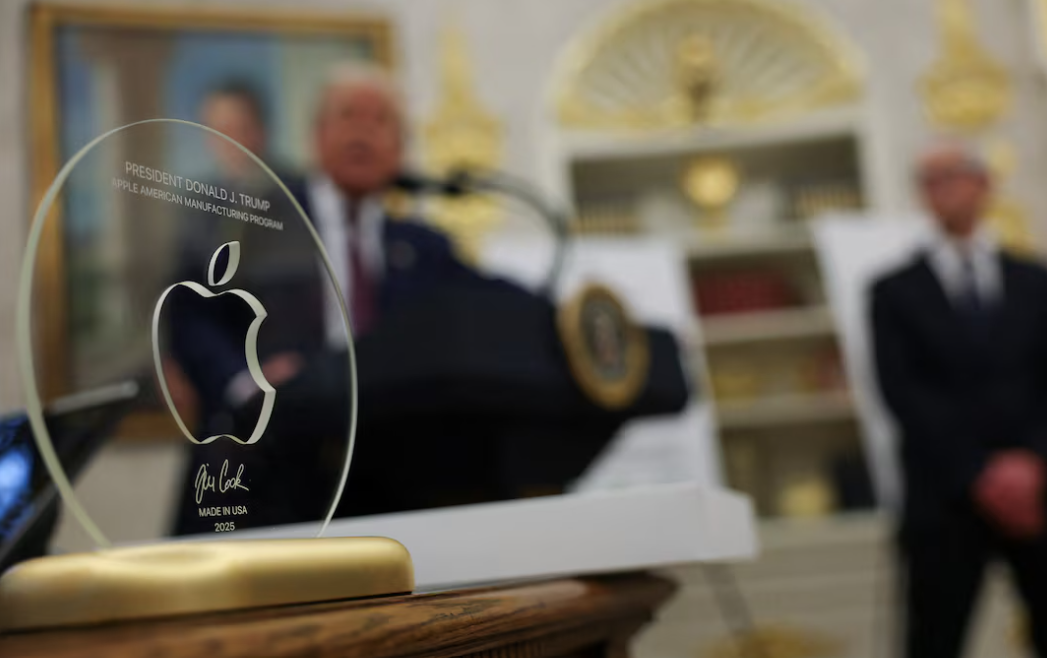Nippon Steel Shares Surge After Trump Approves $14.9 Billion U.S. Steel Acquisition
Meta Description Nippon Steel shares rise after Trump administration approves $14.9 billion U.S. Steel acquisition, reshaping the global steel industry and sparking debate over American jobs and security.

Japanese conglomerate Nippon Steel saw its shares rally on Monday after the Trump administration formally approved its $14.9 billion bid for U.S. Steel, a development hailed as a turning point for the global steel sector. The acquisition, first announced in late 2024 and hotly debated amid rising economic nationalism, received the green light following months of regulatory scrutiny and political debate.
Trump Administration Gives Green Light to Nippon Steel
The high-profile purchase, which values each U.S. Steel share at $55, had faced significant opposition from U.S. lawmakers over national security and industrial sovereignty concerns. However, former President Donald Trump, who returned to office in January, said Friday that he supported the deal after receiving “ironclad commitments” from Nippon Steel to maintain domestic jobs and invest in U.S. manufacturing.
“We have ensured American steelworkers will continue to drive this vital industry and that strategic production remains on U.S. soil,” Trump stated during a White House press conference. “This deal strengthens both our economy and our alliance with Japan.”
Nippon Steel’s shares closed up almost 5% in Tokyo trading on Monday, reaching their highest level since 2008. In contrast, U.S. Steel’s stock saw moderate gains in pre-market trading before opening bell.
Major Shift in Global Steel Landscape
Industry watchers describe the acquisition as a seismic shift in the nearly 123-year history of U.S. Steel, once a pillar of American industrial might and the nation’s first billion-dollar corporation. The merger makes Nippon Steel the world’s second-largest steelmaker by capacity, sharpening its competitive edge against Chinese state-backed giants like China Baowu Steel Group.
“The world’s steel landscape is evolving rapidly, with consolidation and globalization key to remaining competitive,” said industry analyst Yoshio Tanaka of Nomura Securities. “Nippon Steel’s bold move positions it for long-term growth in North America and globally.”
Under the deal terms, Nippon Steel has pledged to maintain all of U.S. Steel’s existing U.S. facilities and union contracts for at least five years, allaying some concerns voiced by politicians on both sides of the aisle.
American Lawmakers’ Concerns and Labor Implications
Despite this, the deal drew sharp opposition from some corners. Senators from both major parties argued the sale could risk national security and weaken American control over critical infrastructure. The United Steelworkers (USW) union, which represents thousands of U.S. Steel employees, initially signaled resistance but has since engaged in negotiations with Nippon Steel management.
“We will hold Nippon Steel to its promises to protect American jobs and invest in our communities,” said USW President Tom Conway in a statement Monday. “Our members have built this company for over a century, and their future must remain secure.”
Commerce Department officials confirmed that the deal includes monitoring provisions to ensure compliance with domestic sourcing requirements for government contracts, notably in defense and infrastructure sectors.
Strategic Implications for the U.S.-Japan Alliance
The approval is seen as a sign of deepening industrial ties between the U.S. and Japan, two long-standing allies now working more closely in technology, defense, and critical materials.
Japanese Prime Minister Fumio Kishida applauded the Trump administration’s decision, saying, “This deal is a symbol of the trust and partnership between our nations. We expect it will foster growth and innovation in both countries’ steel sectors.”
Economic and Market Reactions
Economists suggest the deal could lead to increased investment in U.S. manufacturing and drive broader changes in the global steel supply chain.
“While the move boosts Nippon Steel’s global footprint, it also ensures U.S. steel facilities remain vibrant and competitive,” said Dr. Emily Chen, an economist at the Brookings Institution. “It’s an acknowledgment that international partnerships, when properly managed, can strengthen domestic industry.”
Shares of European and Chinese steel rivals fell on the news, reflecting concerns about enhanced competition and possible anti-dumping measures.
What’s Next for U.S. Steel and the Industry?
With all major regulatory reviews completed, Nippon Steel is expected to begin integrating U.S. Steel operations by the third quarter of 2025. Executives promise increased investment in green steel technologies, decarbonization, and advanced manufacturing at U.S. sites.
Analysts will watch closely for any labor disputes, shifts in market strategy, or political pushback—particularly in the run-up to the 2026 midterm elections.
Sources Used:
Reuters: Nippon Steel shares rise after Trump approves $14.9 billion US Steel bid (2025-06-16)
Wall Street Journal, Associated Press, Nikkei Asia, U.S. Department of Commerce press briefings, statements by U.S. Steel, Nippon Steel, and the United Steelworkers.



